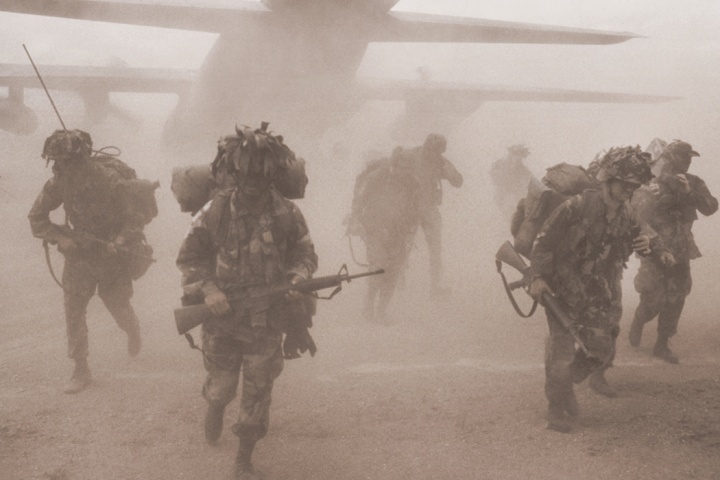A World in Perpetual Crisis

"The remarkable characteristic of the crises of today is their continuity"—David Burnett King.
British author Anthony Sampson has written three "anatomies of Britain" in recent decades. His latest conveys a sense of urgency. Even the title tells us his focus has shifted into a higher gear: a crisis mode.
The Essential Anatomy of Britain: Democracy in Crisis includes a chapter with an obvious warning to the British government to get its house in order. No such chapter appeared in the first two editions.
Britain's chief rabbi, Jonathan Sacks, wrote: "Today's prophets, I realized with some sadness, are often not religious leaders but a small group of academics who, breaking free of disciplinary specialisation, have surveyed our age from the broadest of perspectives and brought back a report of imminent danger" (Faith in the Future, 1995, p. 65).
Prophetic voices have sounded warnings for some time, pointing to the ominous signs on the world scene. Some foretell a crisis that will signal a massive change in our world.
This is clearly reflected in the titles of several other recent books. American author James Dale Davidson and his British counterpart, William Rees-Mogg, titled their book The Great Reckoning. Historian Eric Hobsbawm used the title The Age of Extremes.
American author and educator David Burnett King notes in The Crisis of Our Time that "there exists a profound feeling of unease …We are passing through some sort of crisis, riding out a sea change that will somehow make the future very different from our past" (1988, p. 17).
The plain truth is that we may be fast approaching a transition between two distinct ages, the age of man and the age to come of which Jesus Christ spoke (Matthew 12:32).
Historian Eric Hobsbawm shows in another book, The Age of Revolution, that the earth cannot continue indefinitely to bear the unwanted fruits of the darker aspects of modern technology. He wrote: "We have reached a point of historic crisis. The forces generated by the techno-scientific economy are now great enough to destroy the environment, that is to say the material foundations of human life."
As David King reminds us: "The nature of crisis has changed. The remarkable characteristic of the crises of today is their continuity—they have moved in, it seems, to stay" (The Crisis of Our Time).
We could be headed for the biblical "crisis at the close" (Daniel 12:9, Moffatt Translation)—the greatest crisis in all of human history culminating in the second coming of Jesus Christ.
